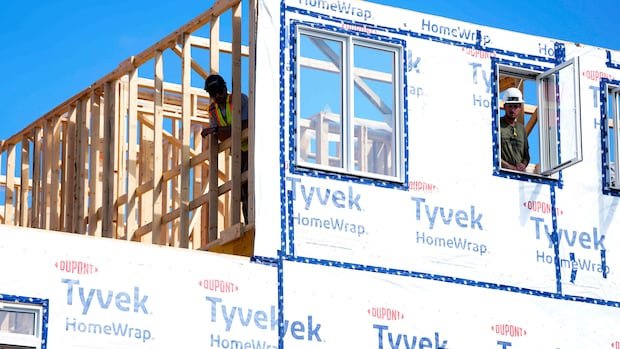Canada is set to follow in the footsteps of countries like Sweden, Japan, and the U.S. by delving into the realm of expanded factory-built housing. In the upcoming year, Build Canada Homes, the newly established federal homebuilding agency, will kick off a project to finance the development of 4,000 modular homes on federal land nationwide. This initiative, a collaboration between the public and private sectors, initially targeting six cities, has the potential to expand to constructing 45,000 homes, as per Ottawa’s declaration.
Although the planned 4,000 homes are only a fraction of the 4.8 million homes projected to be necessary by 2030 to address housing affordability issues in Canada, prefabricated homes are anticipated to play a vital role in addressing the housing crisis. Compared to other nations where factory-built homes dominate the market due to their speed, cost-efficiency, and sustainability, Canada’s modular housing industry is relatively new.
In countries like Sweden, prefabricated elements are extensively used in housing construction, while Japan’s prefab industry is forecasted to exceed $23 billion USD by 2030. Singapore, known for its densely populated urban landscape, boasts massive modular buildings housing nearly 1,000 apartments. However, experts caution that while some countries have successfully integrated modular housing into their markets, others have struggled to meet the demand for affordable housing.
According to Carlo Carbone, an environmental design professor at the University of Quebec, Canada and North America predominantly rely on traditional on-site construction practices, unlike Japan and Sweden, where modular housing has a long-established history. These countries serve as benchmarks for the global prefab building industry, including Canada.
As Canada ventures into the modular housing sector, it must learn from the experiences of its counterparts to avoid potential pitfalls. Lesley Herstein from Assembly Corps, a Toronto-based prefabricated wood building company, highlighted the importance of studying successful modular housing markets to inform Canada’s strategies and technologies.
While the federal government recognizes the urgent need for affordable housing, it must strike a balance to avoid impeding private sector investment in the housing industry, as cautioned by BMO’s chief economist Douglas Porter. Canada faces unique challenges, such as transportation logistics across vast distances and interprovincial trade barriers, which may hinder the scalability of modular housing projects.
In conclusion, the success of Build Canada Homes in providing affordable housing for low-income families will depend on a strategic and collaborative approach that considers lessons learned from global modular housing experiences. By leveraging existing successful projects and addressing potential obstacles, Canada aims to create a parallel housing system that caters to diverse residential needs beyond market profitability.
This article was sourced from: [CBC](https://www.cbc.ca/news/modular-housing-sweden-u-s-canada-1.7647182)


